Discovering Acupuncture: A Holistic Journey

To truly grasp the concept of wellness, one often finds themselves delving into both modern research and ancient practices. Acupuncture stands as a perfect example, blending ancient wisdom with contemporary health solutions. Let's explore the essence of acupuncture and its potential in enhancing overall well-being.
Understanding Acupuncture: A Glimpse into Its Past
The roots of acupuncture stretch back to ancient China, with evidence of its use dating as far back as 500 BCE, though some historical references suggest an even more ancient origin. Rooted in Traditional Chinese Medicine (TCM), acupuncture revolves around the concept of energy meridians, pathways within the body believed to conduct qi, or life force energy.
According to TCM principles, blockages in these meridians can lead to imbalances in the body's organs and tissues, potentially increasing the risk of disease. Acupuncture aims to restore the natural flow of energy, thereby stimulating the body's innate healing capacity.
While widely embraced in China, the popularity of acupuncture varies across different parts of the globe. In the United States, however, it has garnered increasing acceptance over the past four decades, with over 10 million acupuncture sessions administered annually. Numerous studies have explored its efficacy, shedding light on its potential benefits.
The Mechanics of Acupuncture:
In traditional Chinese and Ayurvedic medicine, as well as other ancient healing traditions, the concept of an energy system coursing through the body has long been postulated. While Western medicine does not formally recognize such a system, the success of acupuncture has led to a growing acceptance of energy meridians.
The human body comprises twelve primary meridians, each connected to major internal organs, along with eight extraordinary meridians serving as reservoirs for energy reserves. With over 600 acupuncture points scattered across the body, practitioners insert fine needles into select points to alleviate blockages. In some cases, additional techniques such as heat application or mild electrical stimulation may be employed.
Finding the Right Practitioner:
Acupuncturists undergo rigorous training, often acquiring deep knowledge of Traditional Chinese Medicine and contemporary acupuncture practices. Licensed by state or territorial boards, these professionals may also hold certifications from national bodies like the National Certification Commission for Acupuncture and Oriental Medicine.
While acupuncture may seem unfamiliar to some, it's more prevalent than one might imagine. In 2015 alone, the United States boasted over 34,000 licensed acupuncturists. To begin your search for a practitioner, consulting your physician or exploring wellness centers can be a good starting point. Personal recommendations from friends and online databases can also offer valuable insights.
Your First Appointment: What to Expect
Initial consultations with an acupuncturist differ significantly from conventional medical visits. Establishing comfort and rapport with your practitioner is paramount, encouraging open communication and addressing any queries or concerns you may have.
During your evaluation, expect inquiries about various aspects of your health, including sleep patterns, energy levels, and emotional well-being. Surprisingly, your tongue's appearance and pulse characteristics play crucial roles in TCM diagnostics, offering insights into your body's internal balance.
Overcoming Needle Apprehension
For those wary of needles, rest assured that acupuncture needles are incredibly fine and flexible, resembling hair strands. Unlike conventional medical needles, their insertion is generally painless, often accompanied by a sensation of warmth or tingling. Addressing any fears or apprehensions with your acupuncturist beforehand can help alleviate any discomfort and maximize the benefits of your session.
In Conclusion
The growing popularity of acupuncture in the United States underscores its potential as a complementary wellness practice. Whether you're exploring alternative therapies or seeking to rebalance your body's energy, acupuncture offers a holistic approach to well-being, drawing upon ancient wisdom to support modern health goals.


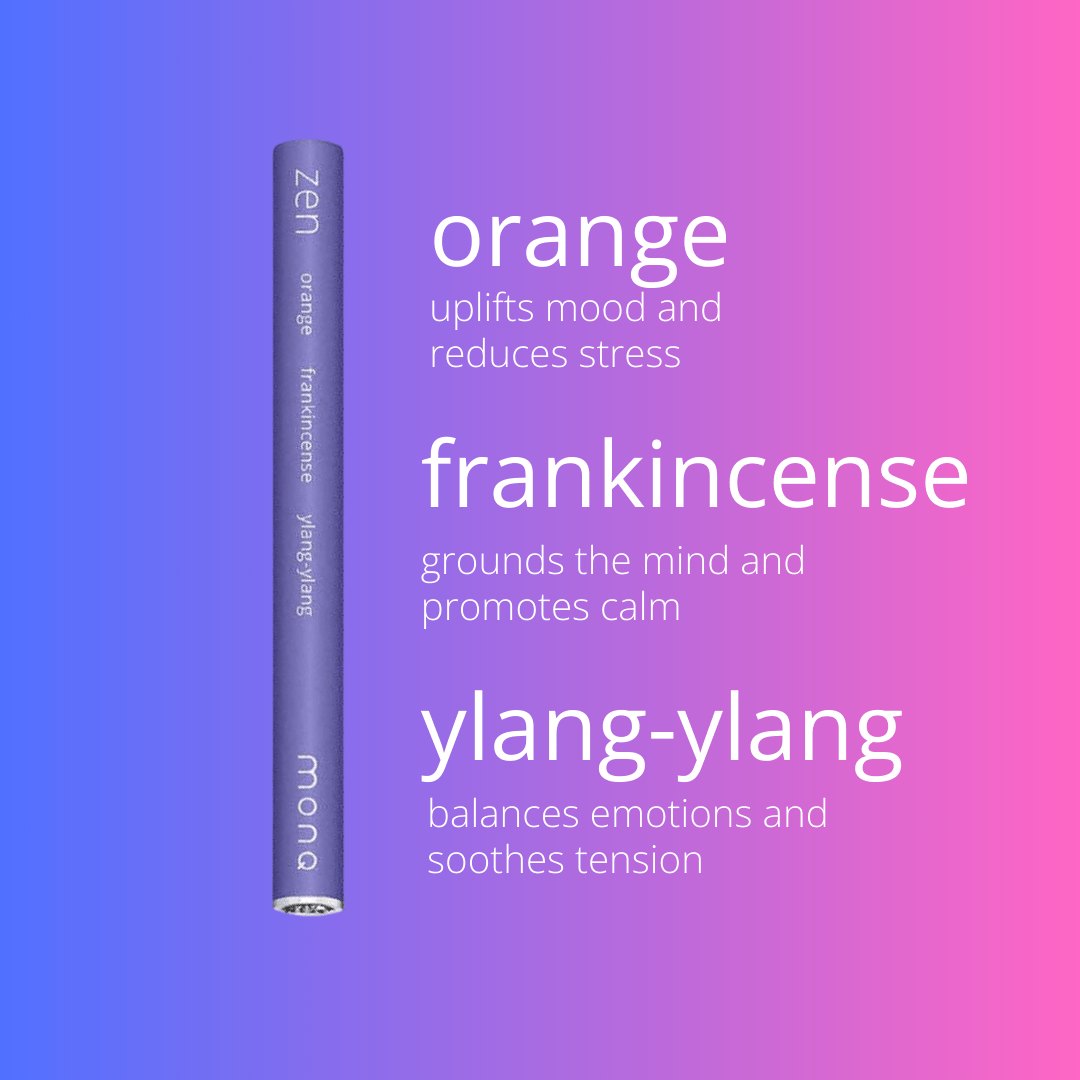
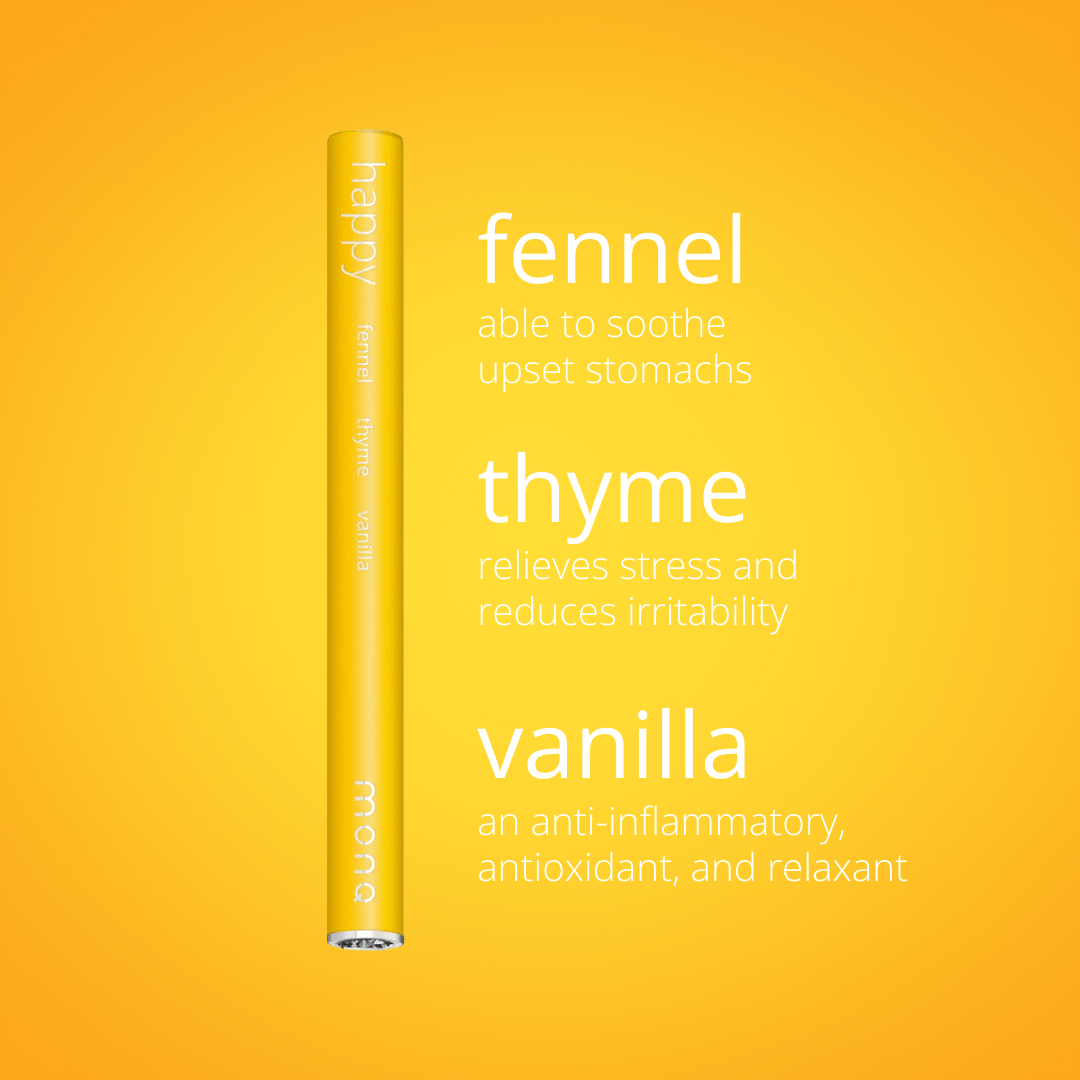
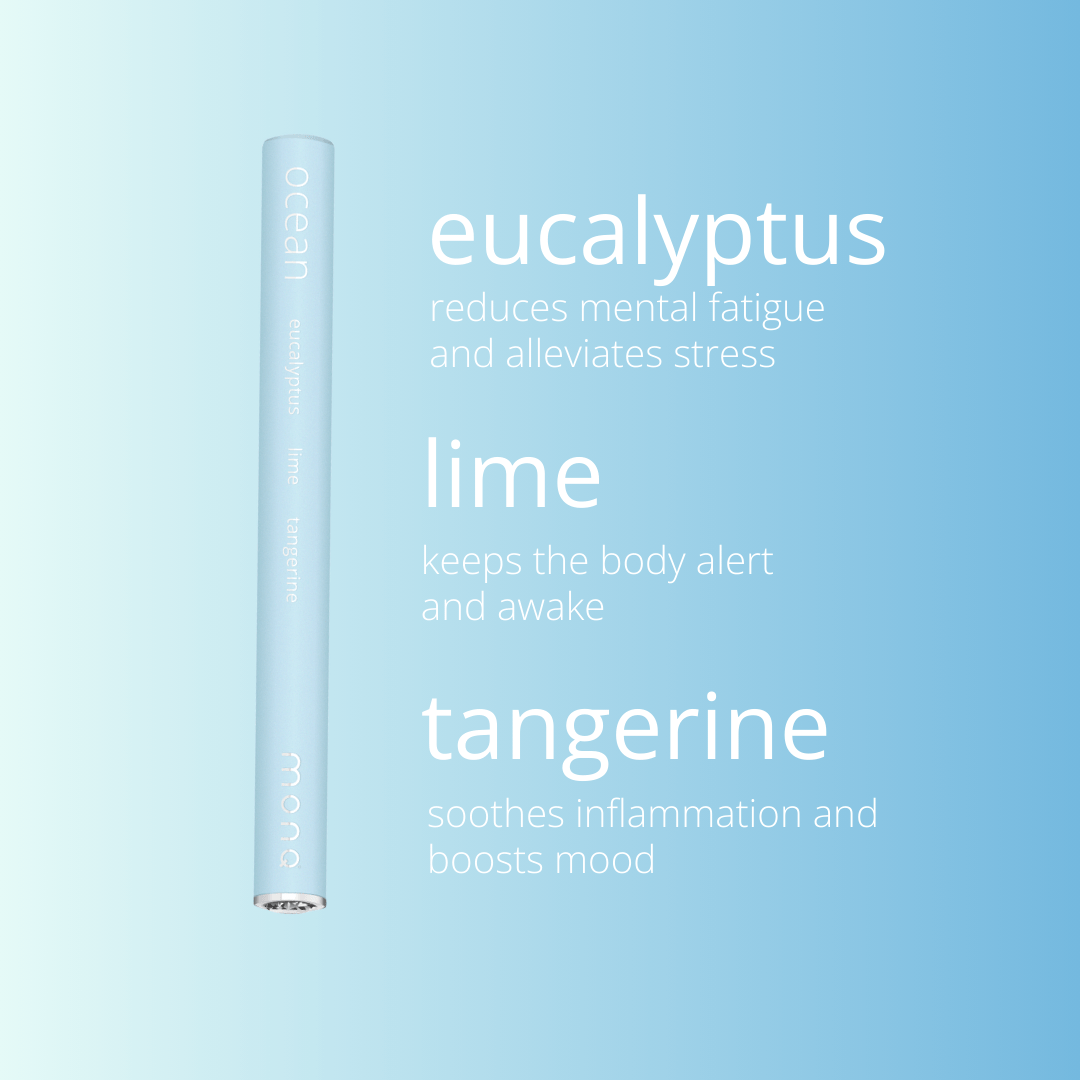
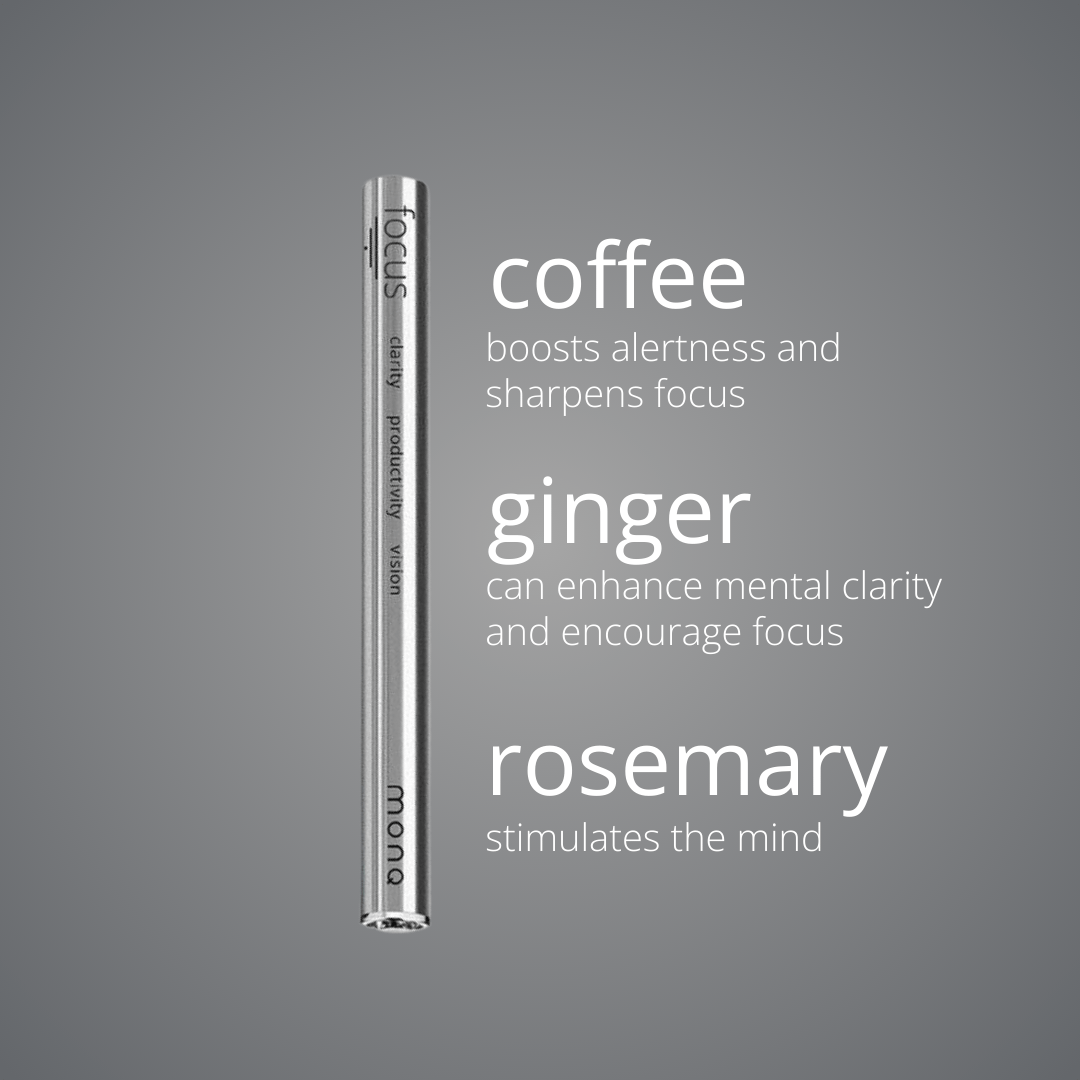
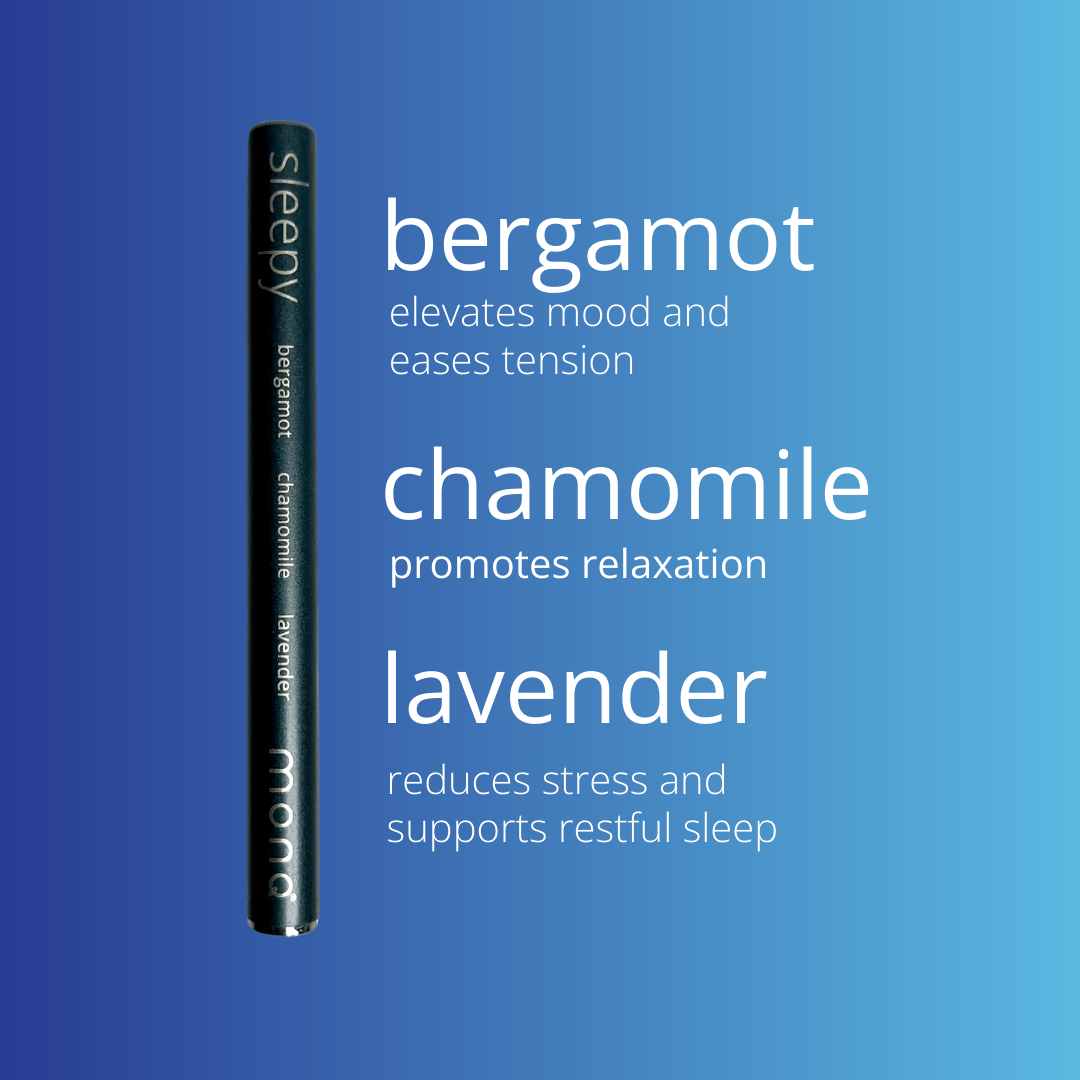

Leave a comment